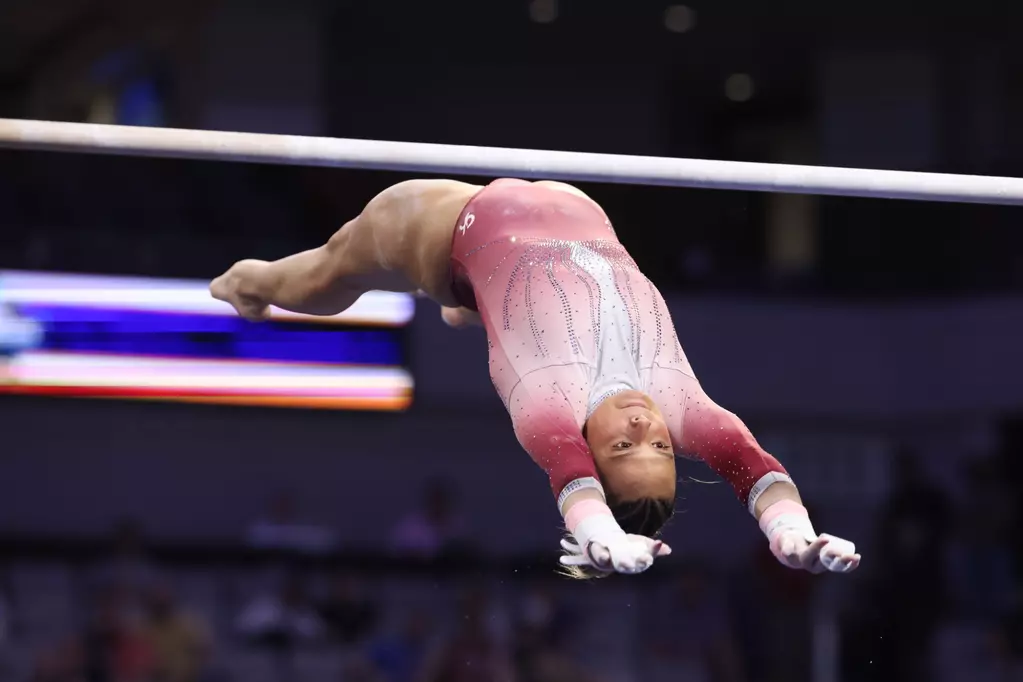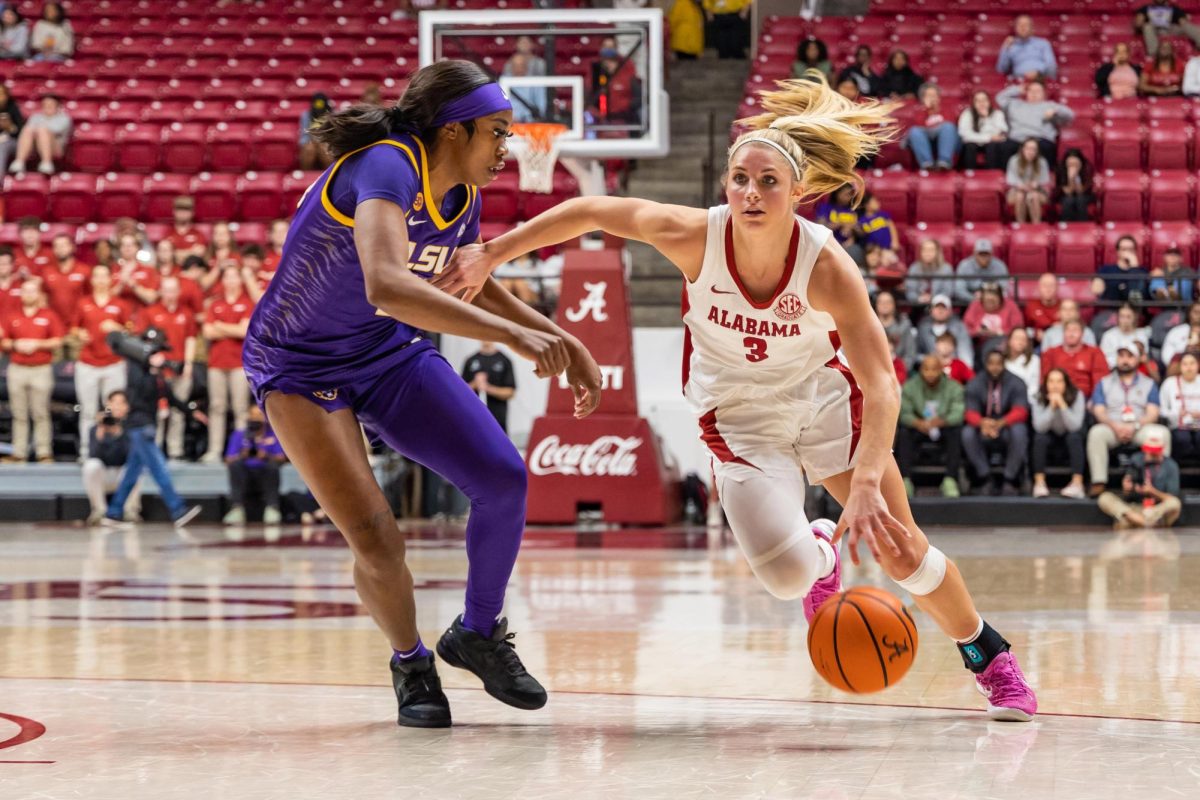Rarely have the Olympics collided so coincidentally with one of the most important civil rights issue of a generation like the events will in a month in Sochi, Russia. The notorious anti-LGBTQ legislation recently passed and vetted by Vladimir Putin has put the United States particularly in an odd place immediately before the games.
The law, known as the homosexual propaganda law, effectively makes it impossible to live a normal life as a gay man or woman in one of the world’s largest superpowers. Many argue it is the worst legislation regarding LGBTQ rights since the twilight of the Soviet Union, when the practice was simply illegal.
Recently, the mayor of Sochi, a town not even twice as populous as Birmingham, gave an interview to the BBC in which he claimed gays are welcome in the city, and they would not need to conceal their identity. He then went on to say that it just isn’t accepted in the region, and there are no gay people in the city.
Sochi does have two gay bars, however, making mayor Anatoly Pakhomov the king of contradictions.
There was talk for months beforehand of boycotting the games for the purpose of sending a message to Russia that such bigotry will not be accepted by the civilized, industrialized society. The last boycott, of course, was in 1980, when then-president Carter insisted that America boycott the Moscow Olympics in light of the Soviet Union’s invasion of Afghanistan. The cause for boycott briefly picked up traction late in 2013, but ultimately the country will participate in Sochi.
President Obama is sending three openly gay athletes as representatives to Sochi, a clear message to Putin and Russia. Four, or even two years ago, that might not have happened, but American athletes are nearly unanimous in defiance over Russia’s law.
That is a reflection on how far the country has come, especially in the sports world, over the issue of homosexuality.
Jason Collins became the first openly gay active NBA player this past year. Two active NFL players became outspoken advocates of pro-gay legislation, and serious debate appears to be happening over the first active NFL player coming out. 2013 was a year of landmarks, and the sports world led the charge.
Although those in favor of an Olympic boycott have their hearts in the right place, having this kind of presence does far greater good. It shows how far the county has come in the past few years in the equality arena, and it very well can be a catalyst for further advancement. This is the most significant civil rights struggle of our era, and now is not the time in this country to back down after having gained so much momentum.








